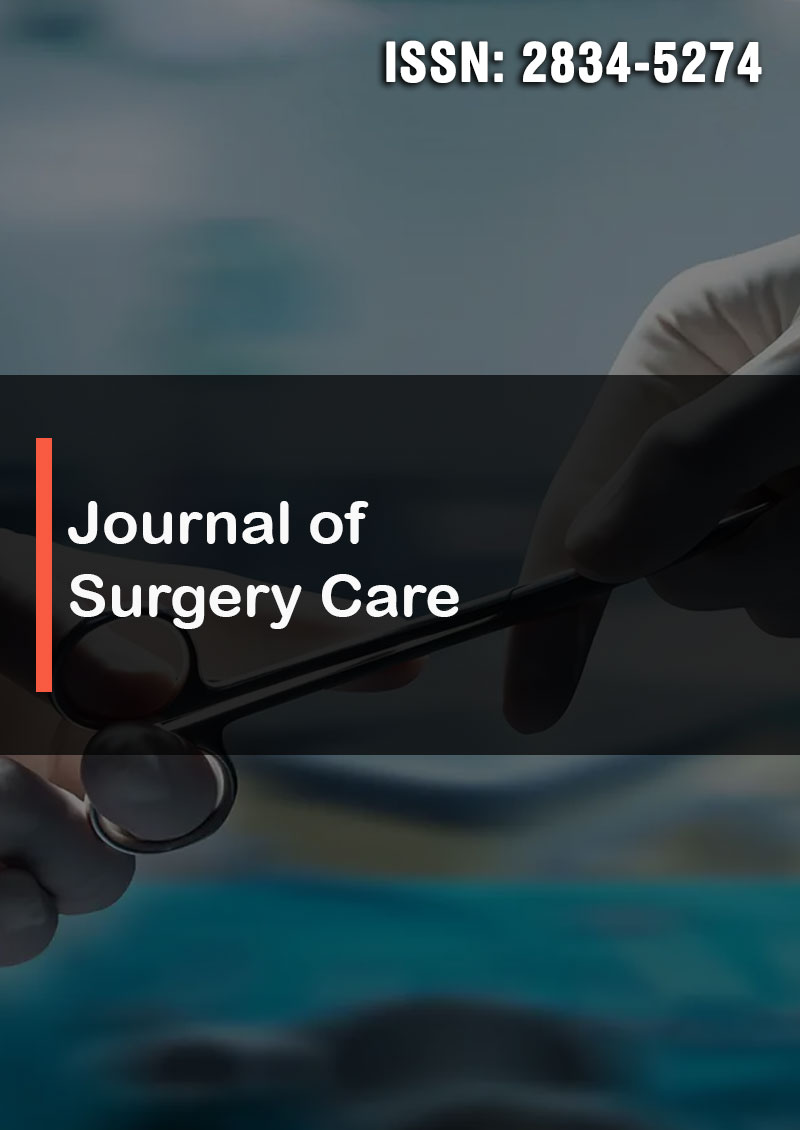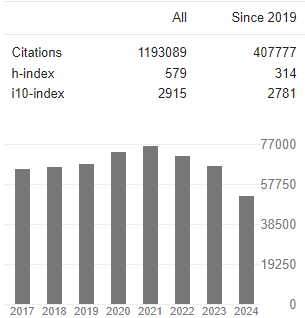A Cross-Sectional Study Investigating the Tools and Resources Australian Medical Students Used to Support Their Mental Health During Covid-19
Abstract
Stephen Jiang, Anton Lu, Alexandra Yeoh, Andrea Tan, Viveeka Vimalanathan, Huaying Xu and Loai Albarqouni
Background: The mental health of medical students is notoriously poor, and with the additional challenges posed by the COVID-19 pandemic, there has never been greater concern for the wellbeing of the current cohort. This cross-sectional study investigates the impact of lockdown coping strategies used by Australian medical students during the COVID-19 pandemic on their mental health improvement, including connecting with family and friends, exercise, using social media, and various other interests.
Methods: An anonymous questionnaire was shared in 2021 with medical students from all years via Facebook and General Practice Student Network’s communications during the COVID-19 pandemic. The impact of a variety of lockdown coping strategies utilized by participants was assessed using SPSS.
Results: There were 283 participants in this study, 69.6% of whom were females, 54.9% in their pre-clinical years, and 70.5% between the ages of 18-24. The results showed that nearly 80% of participants credited their mental health improve- ment to peri-lockdown strategies. The logistic regression analysis demonstrated that reading (non-medical books) and spending more time with family were the most notable peri-lockdown strategies associated with mental health improvement. Interestingly, some participants reported that some coping strategies decreased productivity, including TV shows and movies.
Conclusions: Our study found that lockdown coping strategies played an essential role in the improvement and maintenance of medical students’ mental health during the COVID-19 pandemic. In particular, strategies that allowed students to socialize and engage in non-academic activities allowed them to cope with mental stressors more effectively.





